How to Improve Your Communication Skills: Practical Steps for Stronger Relationships

In the last 10 years of my life, I’ve counseled many people on how to improve their communication skills—whether it’s with a romantic partner, a friend, or a family member. Communication is a skill that so many people struggle with, and it’s no surprise. Often, the root of these difficulties lies in our upbringing or past experiences. Perhaps you didn’t have great examples of effective communication growing up, or maybe you’ve been in relationships where poor communication was the norm, leading to habits that no longer serve you.
The good news is that with awareness and effort, anyone can strengthen their communication skills. I’ve seen it in my own life. I used to be shy, hesitant to speak up for myself, and unsure how to voice my needs. Over time, however, I learned to communicate with clarity, power, and conviction. My relationships—with friends, family, and romantic partners—have benefited immensely as a result.
In this article, I’ll share the key strategies that have worked for me and many others I’ve counseled. By incorporating these principles into your conversations, you can improve your communication and build healthier, more fulfilling relationships.
Be Direct and Clear
When it comes to communication, clarity is essential. Misunderstandings often arise when people “beat around the bush” instead of directly stating what they mean or need. Ambiguity leaves room for misinterpretation, which can create unnecessary conflict.
Remember: no one is a mind reader. If you expect others to “just know” what you’re thinking, you’re setting yourself—and your relationship—up for failure. Instead, practice directness. Use phrases like: “I need…,” “I feel…,” or “I’d appreciate it if…”
These statements help you express yourself without blaming or accusing the other person. For example, instead of saying, “You never listen to me,” try, “I feel unheard when I’m speaking, and I’d appreciate it if we could take turns sharing.” Directness communicates your needs while fostering understanding, not defensiveness.
Listen to Understand, Not to Respond
One of the most common barriers to good communication is listening with the intent to reply rather than to understand. Many of us are so focused on formulating a response—whether to defend ourselves, fix the problem, or share our own perspective—that we miss the true essence of what the other person is saying.
Active listening is a powerful skill that strengthens relationships. To listen actively, focus on the other person’s words, body language, and emotions. Acknowledge what they’re saying by paraphrasing or reflecting: “I hear you saying that you’re feeling frustrated because…” or “It sounds like you’re upset about…”
This approach shows the speaker that they are seen, heard, and valued. Research from the Gottman Institute, a leader in relationship psychology, emphasizes that feeling heard is one of the key predictors of relationship satisfaction. A simple yet transformative way to deepen understanding is to ask, “How can I support you?” before offering a response. This shows you’re invested in their needs, not just your perspective.
Choose Peace Over Winning
Relationships aren’t competitions. When conflict arises, the goal should never be to “win” the argument but to prioritize empathy, understanding, and respect.
De-escalation is a skill, and it starts with understanding the other person’s perspective, even if you disagree with it. For example, if someone is upset with you, instead of becoming defensive, try saying, “What’s making you feel this way?” This question opens the door to deeper communication and helps you get to the root of the issue.
Validate the other person’s feelings without dismissing them, even if you don’t see eye to eye. Phrases like, “I understand why this upset you,” or “I can see how this might feel frustrating,” can go a long way in diffusing tension. Remember, disrespect, defensiveness, and immaturity in an argument may feel like “winning” in the moment, but in the long run, they erode trust and connection. True success in communication comes from choosing peace and prioritizing the relationship over being “right.”
Create Time for Real Conversations
Superficial check-ins and casual conversations are important, but they won’t deepen your connection with someone on their own. To truly foster a stronger bond, set aside intentional time for meaningful, uninterrupted conversations.
For example, with your family, this could mean a weekly family meeting where everyone shares their thoughts, concerns, or highlights of the week. With a romantic partner, it might involve scheduling a coffee date or a quiet hour each week to talk openly about how you’re feeling and what’s on your mind.
Ask thoughtful questions that invite depth, such as: “What’s been on your mind lately?” or “What’s something that’s been bringing you joy—or stress—this week?”
Studies show that quality time and open dialogue significantly improve intimacy and trust in relationships. Make space for these moments, and you’ll find your connections growing richer and more fulfilling.
Acknowledge Your Mistakes
No one communicates perfectly all the time. We all make missteps—whether it’s speaking out of turn, being too harsh, or failing to listen attentively. Owning your mistakes is a cornerstone of healthy communication and trust-building.
When you realize you’ve made an error, don’t justify or deflect it. Instead, take full accountability. A sincere apology sounds like this: “I was wrong for speaking to you that way. I’m sorry, and I’ll work on being more mindful in the future.”
Follow your words with consistent action to show that you’re serious about improving. As the saying goes, “An apology without change is just manipulation.” Energy and action matter just as much as words when rebuilding trust.
Improving your communication skills takes time and effort, but the rewards are worth it. Stronger communication builds happier, healthier relationships that can weather any storm.
I challenge you to pick one principle from this article and practice it in your next conversation. Whether it’s being direct, listening actively, or creating space for deeper dialogue, focus on developing one skill at a time. Over time, you’ll find that communication becomes easier and more natural, and the quality of your relationships will transform for the better.
The more you practice, the better you’ll get—and the long-term benefits will ripple through every part of your life.
XO Jessica



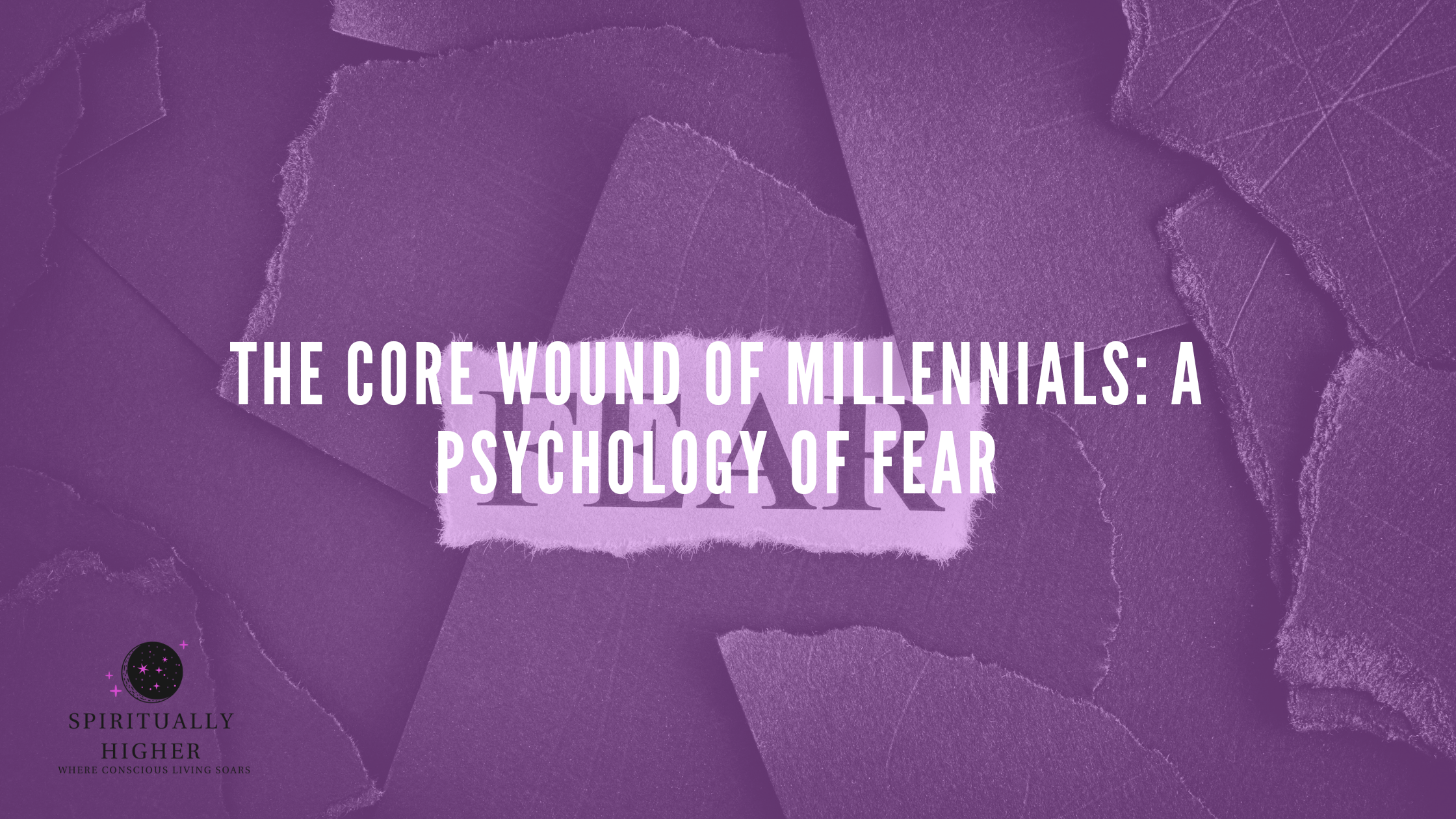
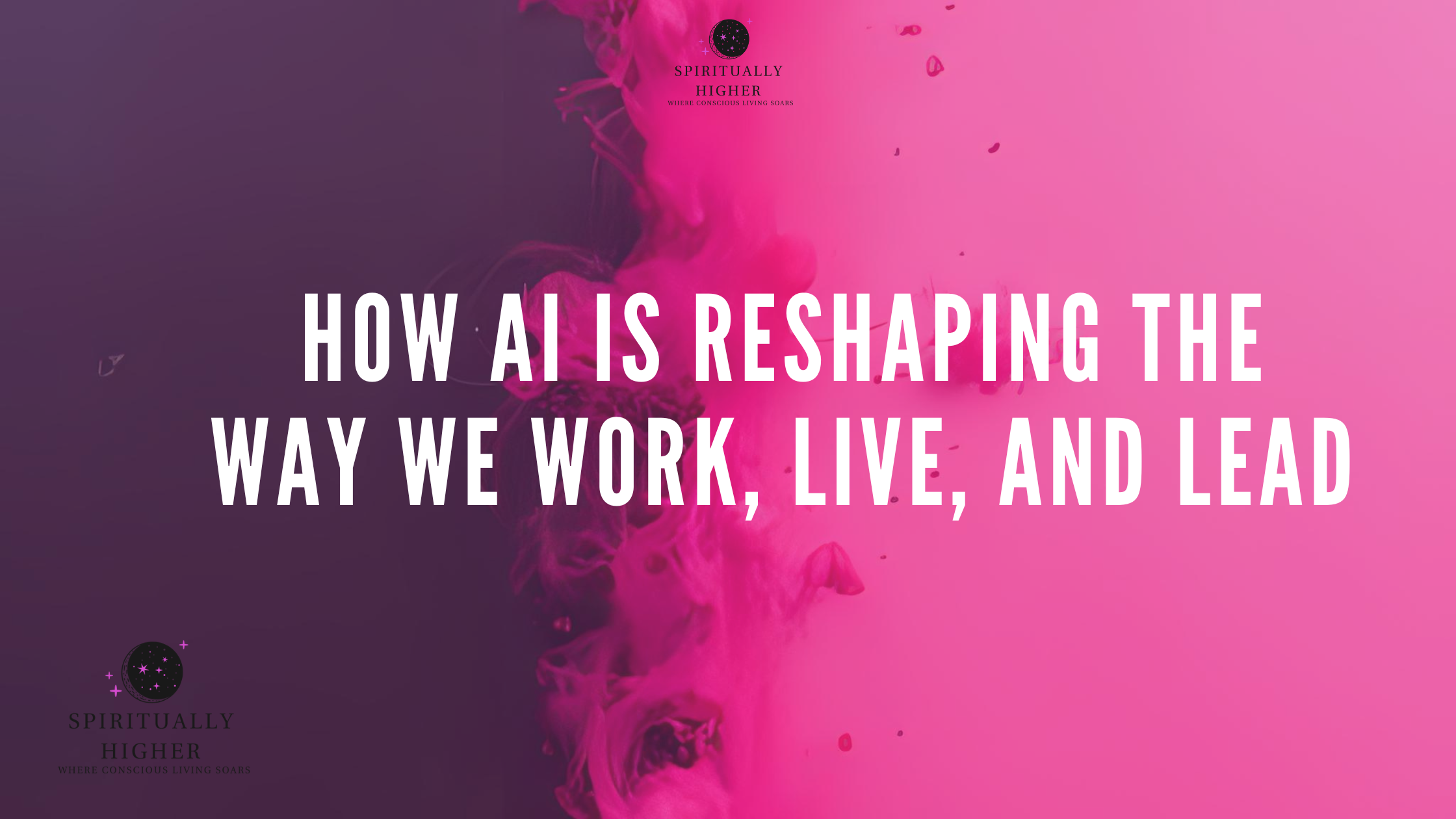
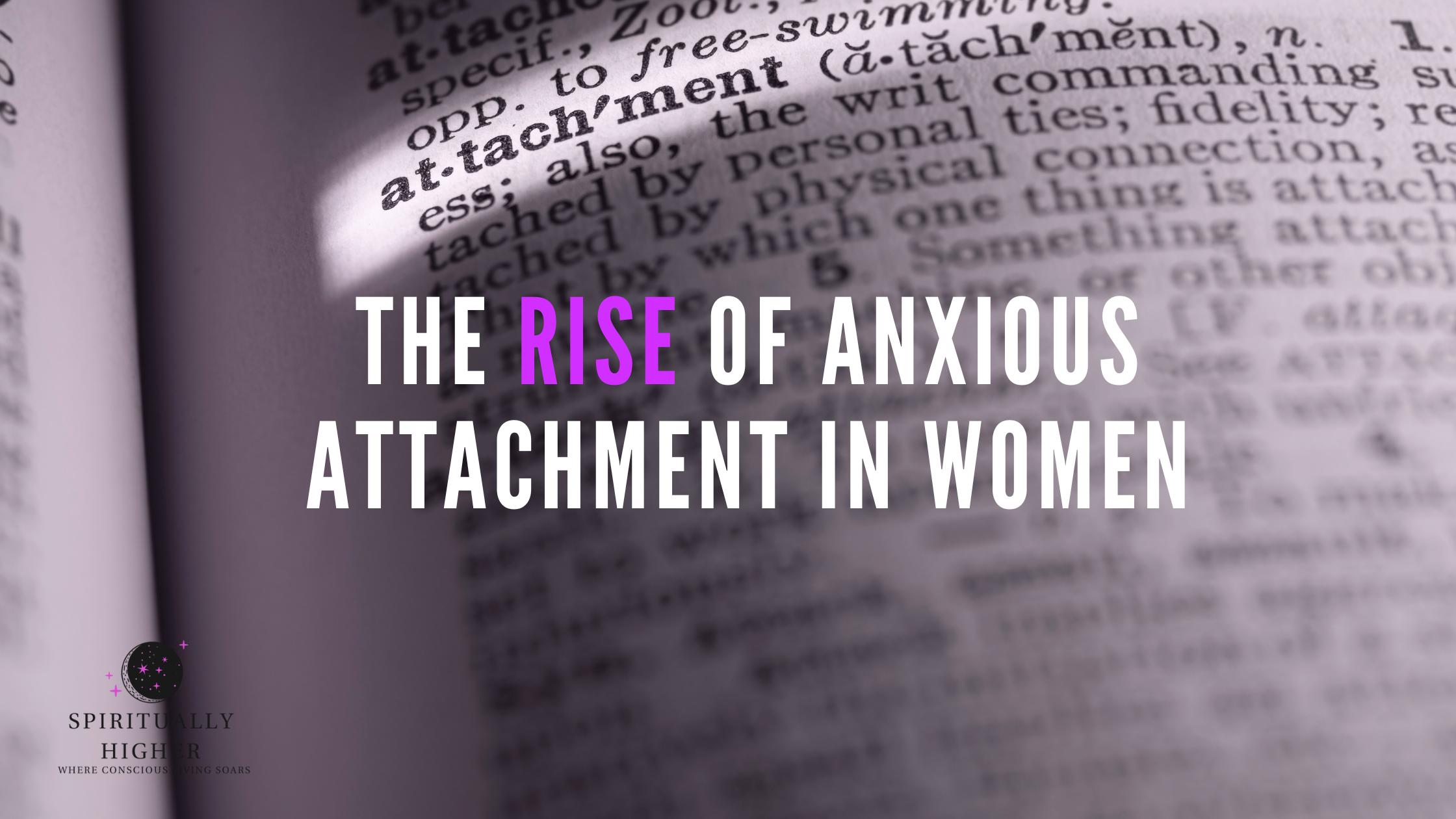


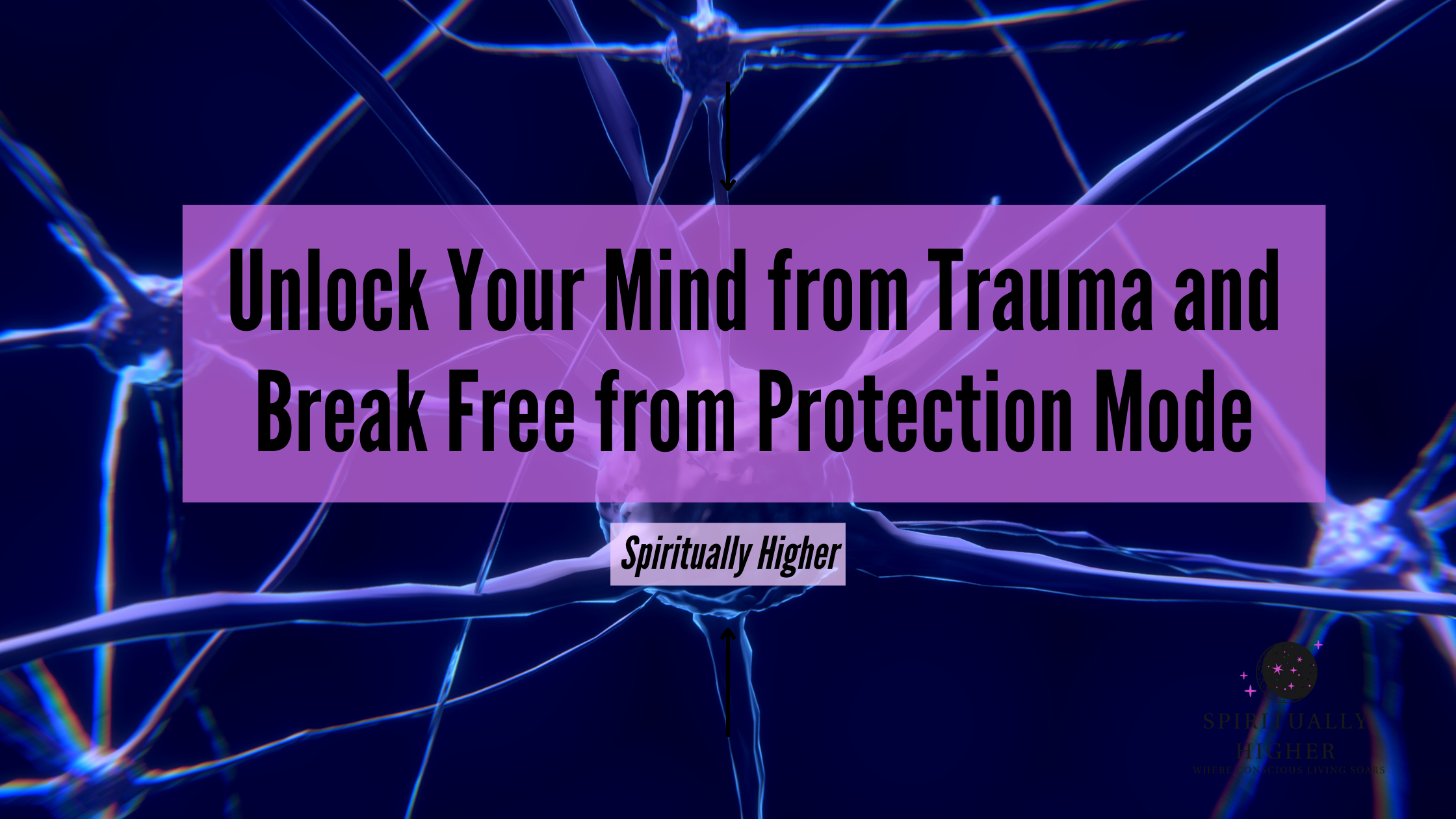

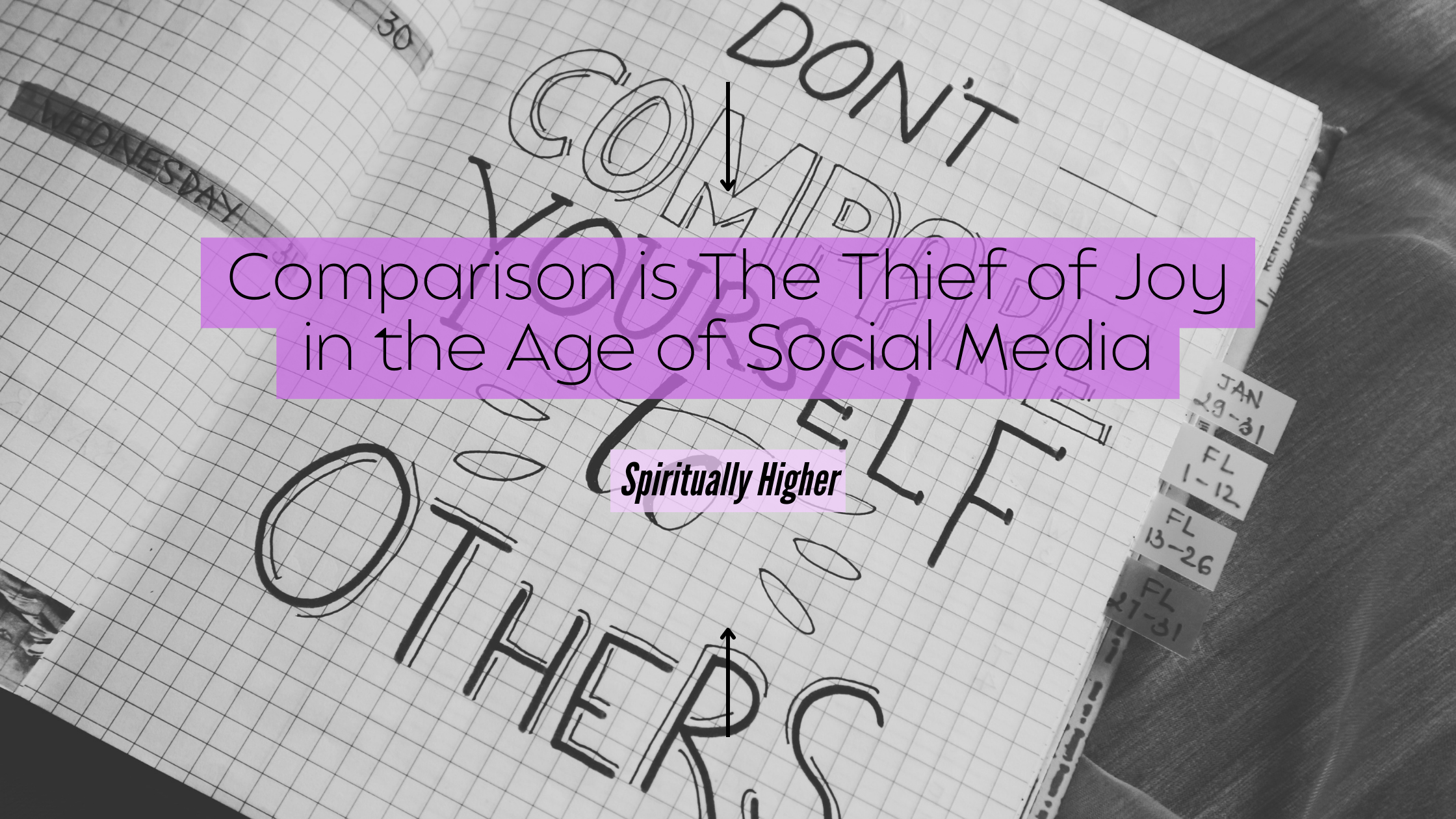
Leave A Comment